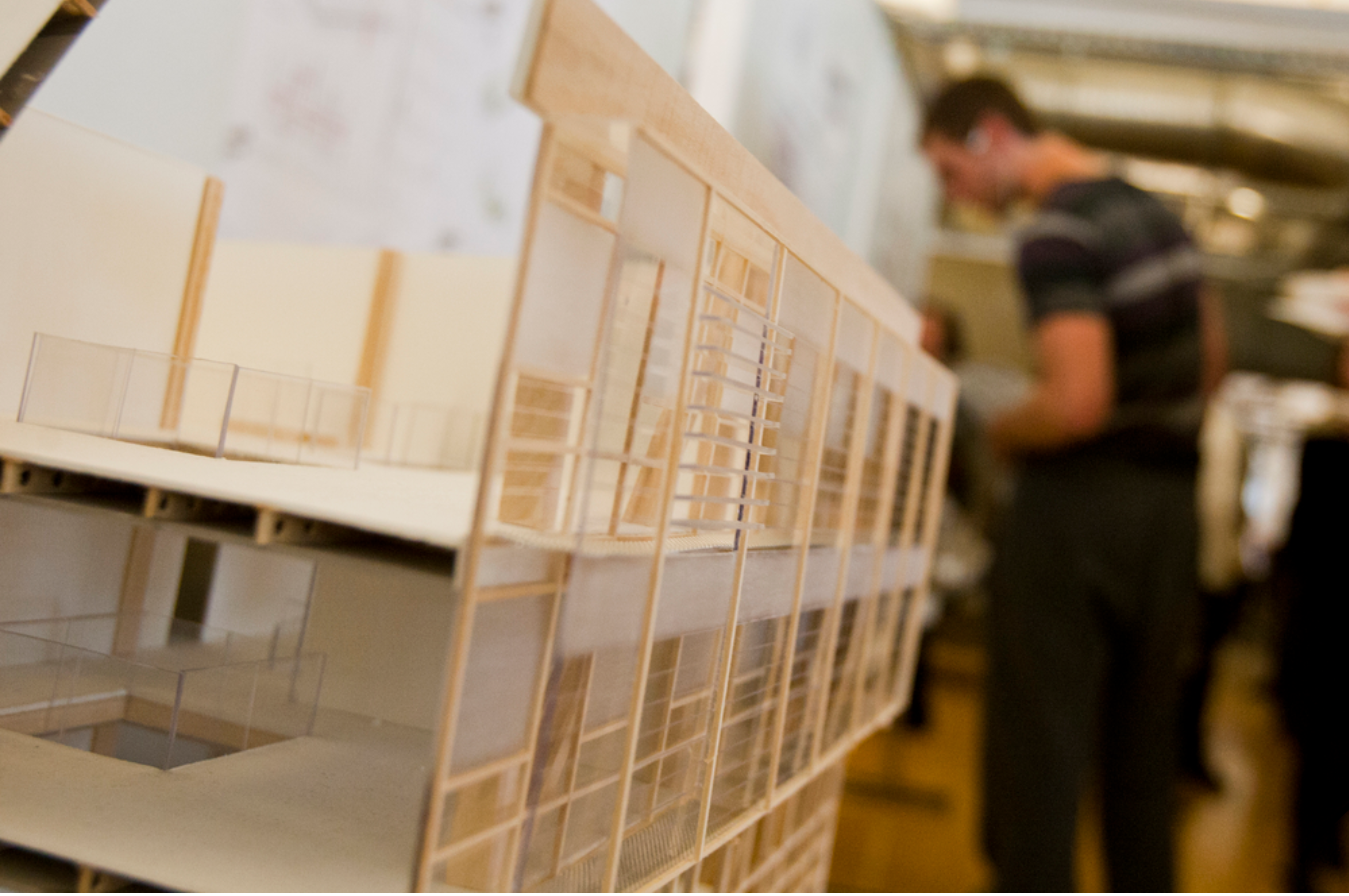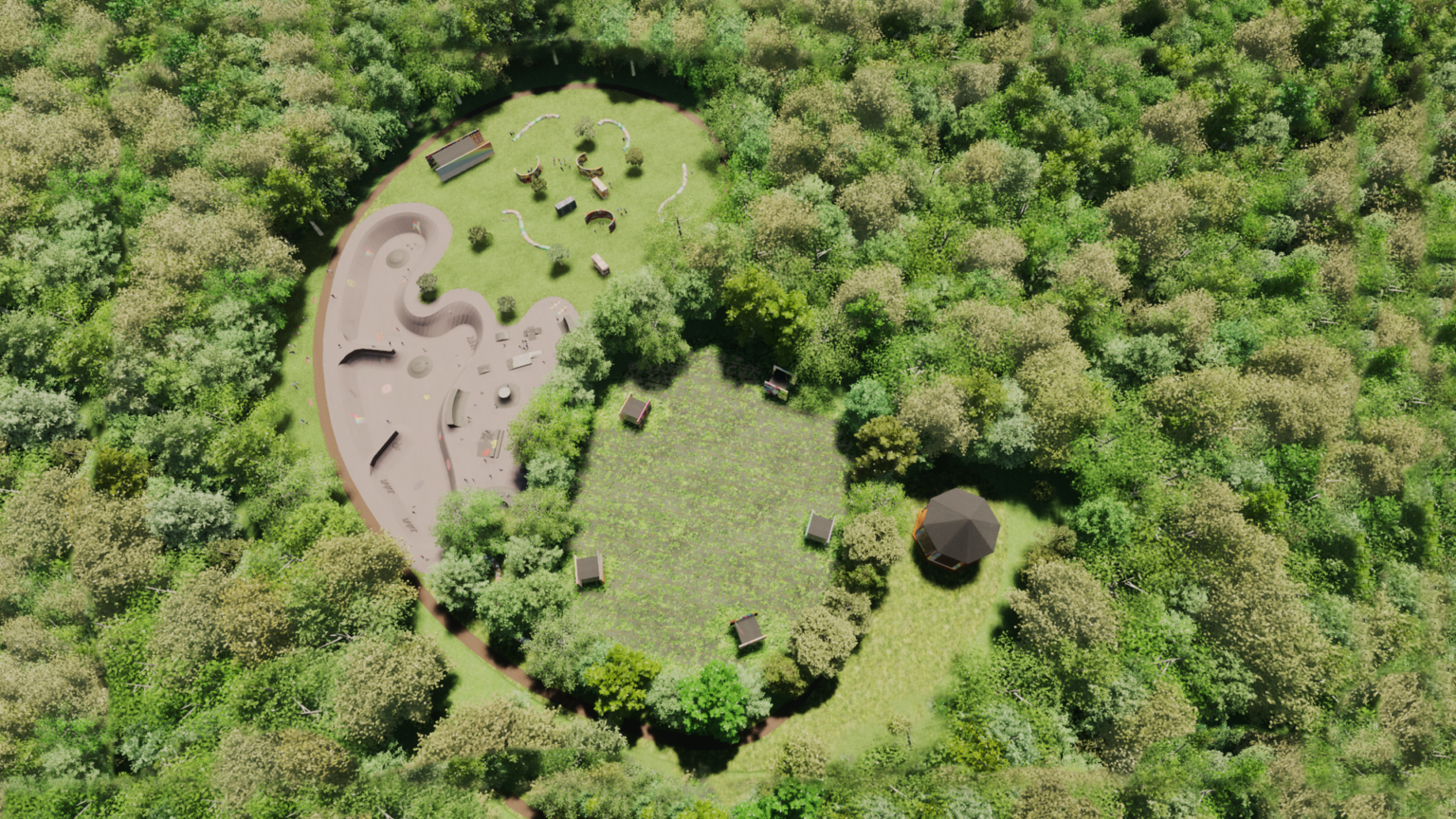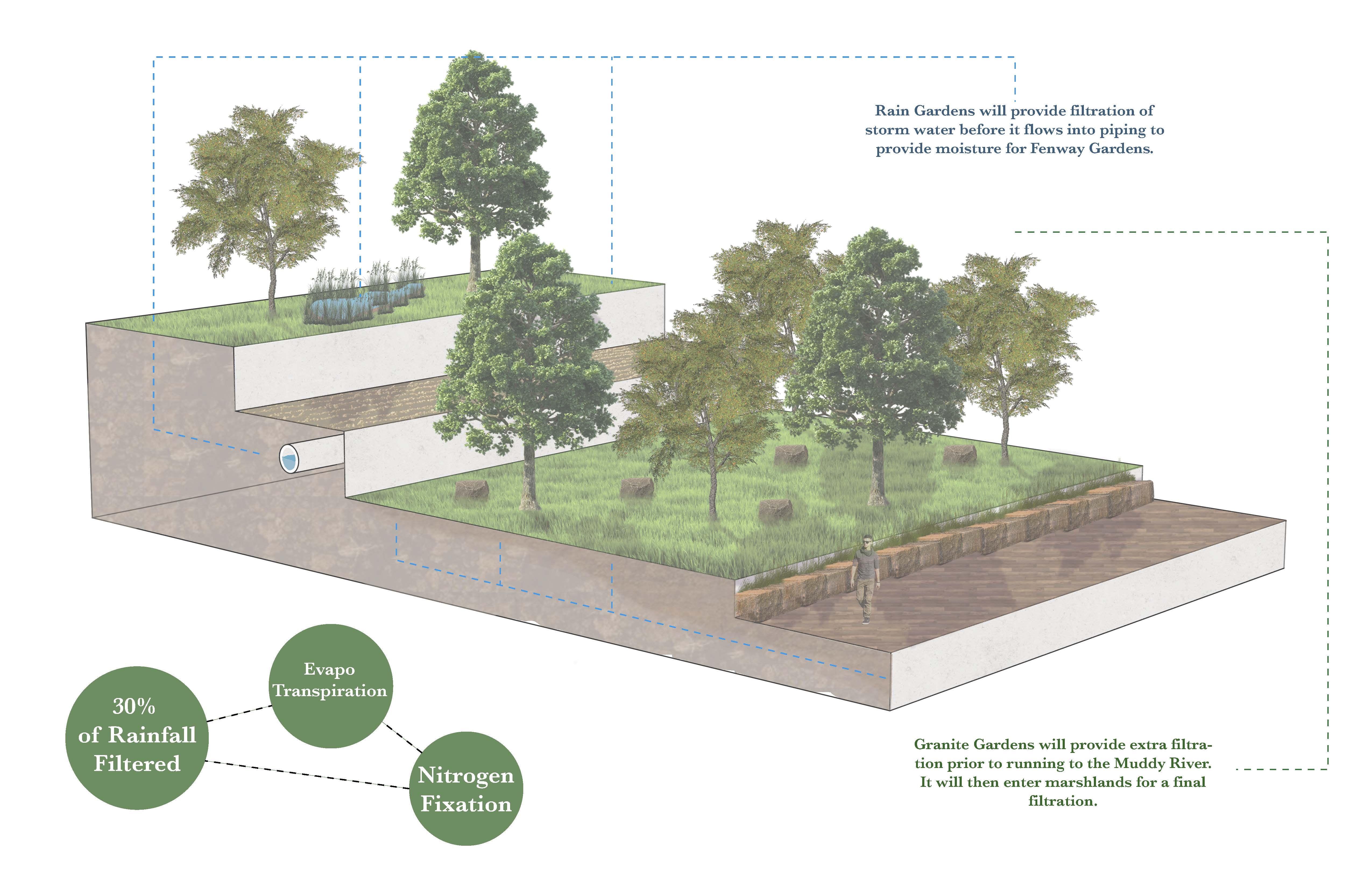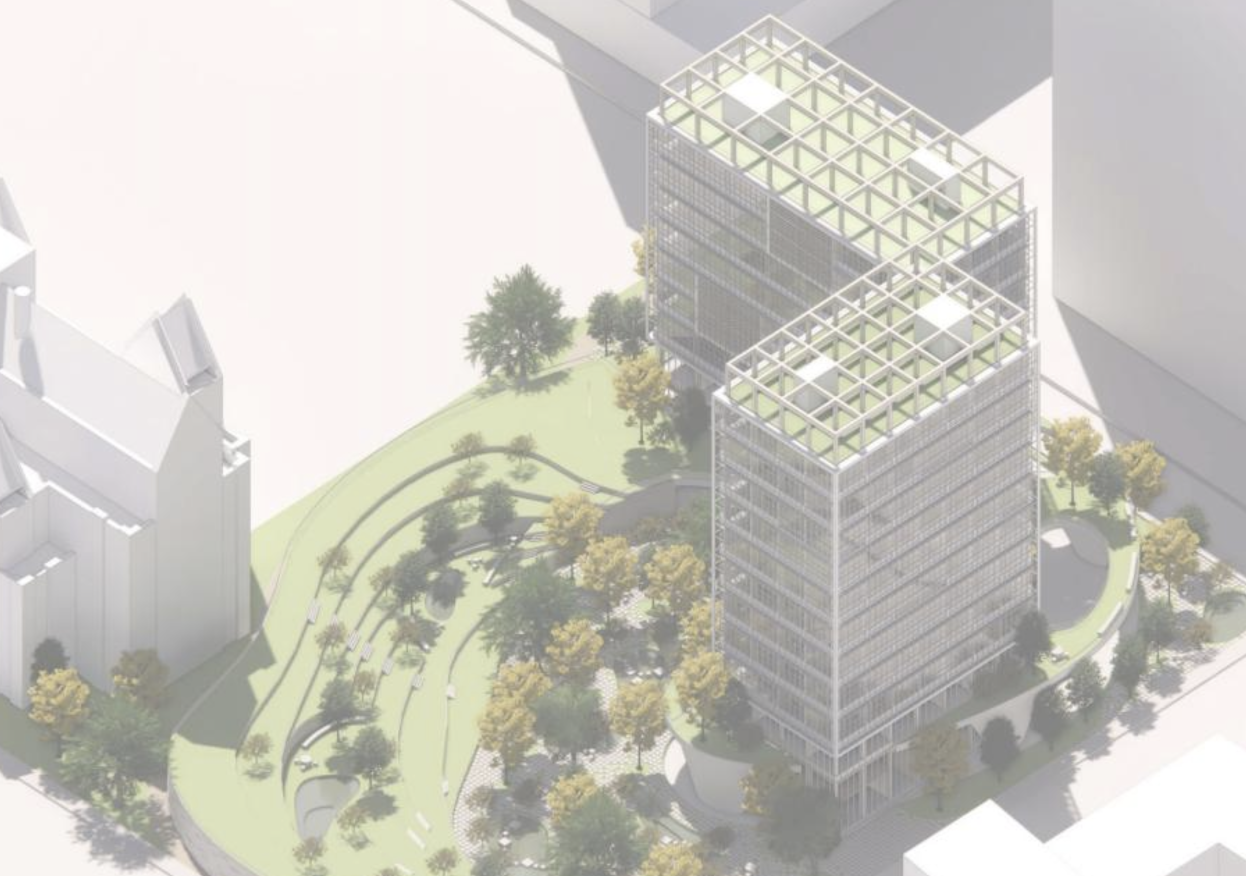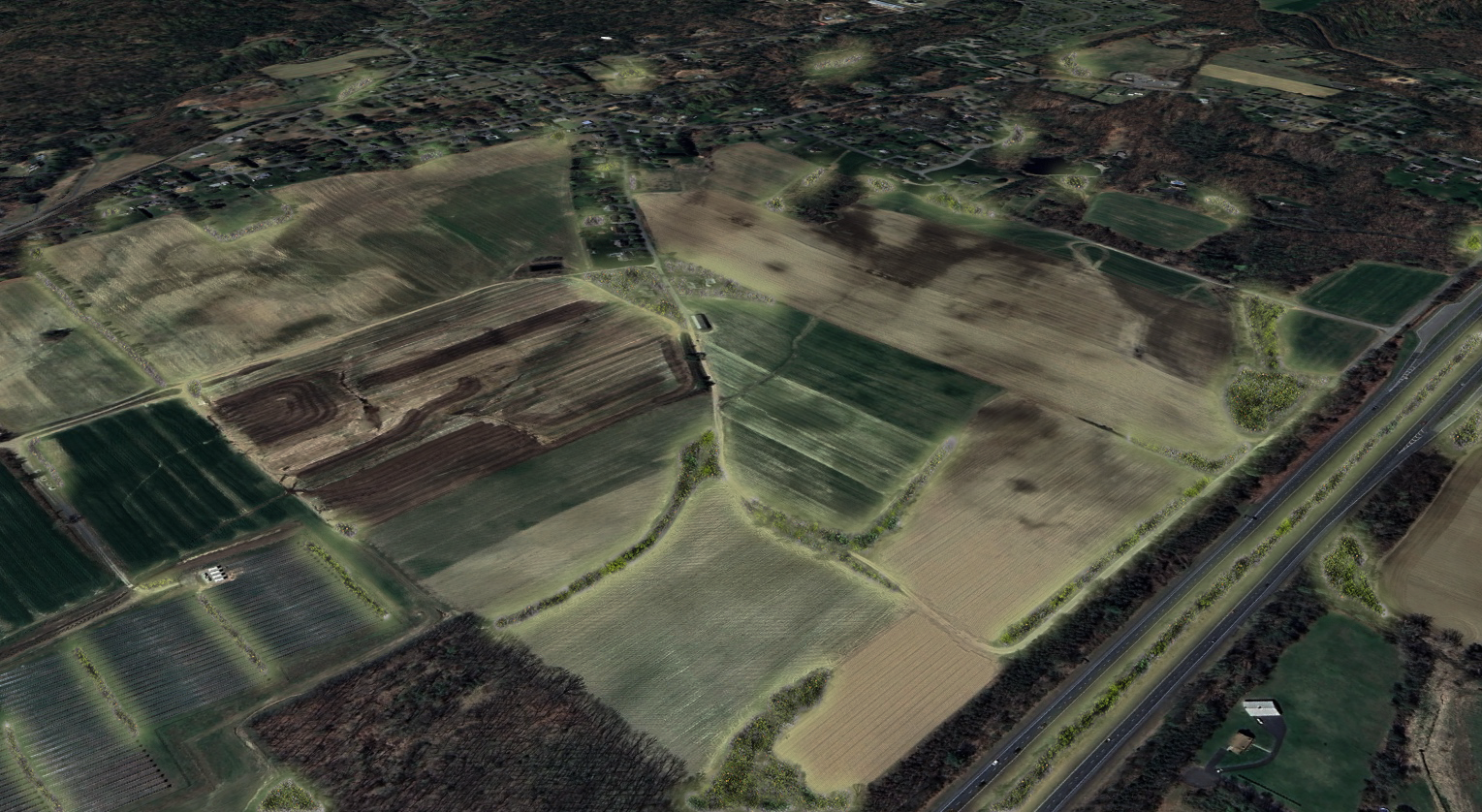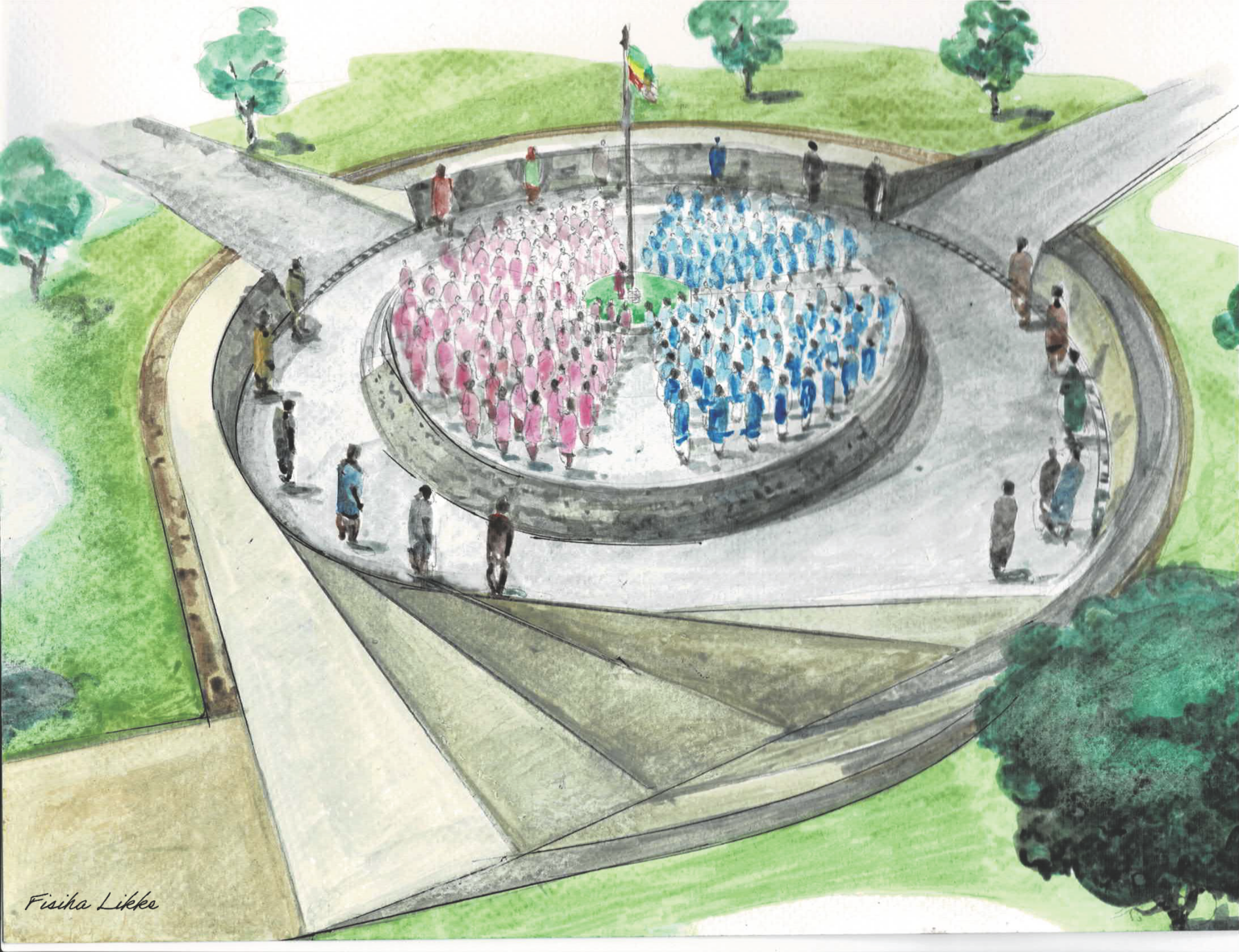Northeastern University offers a Bachelor of Landscape Architecture in Urban Landscape. This major reflects a growing public interest in making our cities more sustainable and in bringing the insights of landscape architects to join those of urban designers and architects. This hybrid field has deep roots in design, ecology, planning, and aesthetics. In the past 15 years, it has come to play an evermore important role in the design of new places, as well as the retrofitting of our older, postindustrial landscapes. An inherently interdisciplinary program, urban landscape will involve collaborations with other academic units on campus.
As part of their studies, students are enrolled in two six-month co-ops . This allows students to gain real-world experience in architecture that aids them in both their academic development and in professional advancement. Students in the BLA in Landscape Architecture program spend a semester on study abroad in Dublin, Ireland.
Co-Op Opportunities
- Landing Studio
- Bergmeyer Associates Inc
- Ann Beha Architects
- Elkus Manfredi Architects
- William Rawn Associates
- Maryann Thompson Architects
- Hacin + Associates
- BOS/UA
- Oudens Ello Architecture
- Gensler
- Massport
- Cummings Properties LLC
- Dana Farber Cancer Institute
- MIT facilities
Learning Outcomes
Students who graduate from Northeastern University with a degree in architecture, architectural studies or landscape architecture will have:
- Thorough 2D and 3D representation and modeling skills for deciphering and designing the built environment.
- Awareness of how global socio-cultural contexts influence the built environment, and how the built environment influences global communities.
- Thorough knowledge of sustainable and resilient design goals, strategies, and methods.
- Skills of communication and collaboration necessary for managing complex projects.
- Understanding of fundamental construction systems and techniques that shape the built environment.
- Critical ability to analyze and decipher complex environments.
- Exposure to the diverse range of professional opportunities and avenues for design of the built environment.
- Understanding of ethical responsibilities for designing the built environment.
Career Opportunities
- Architect
- Facilities manager
- Owner representative
- Interior architect
- Construction manager
- Construction supervisor
- Building surveyor
- Surveyor
- Building conservation
Multidisciplinary Skills
- AutoCAD
- Revit
- Rhino
- InDesign
- 3D printing
- Design
- Computer literacy
- Knowledge of building laws/codes
- Building construction
- Industrial design

